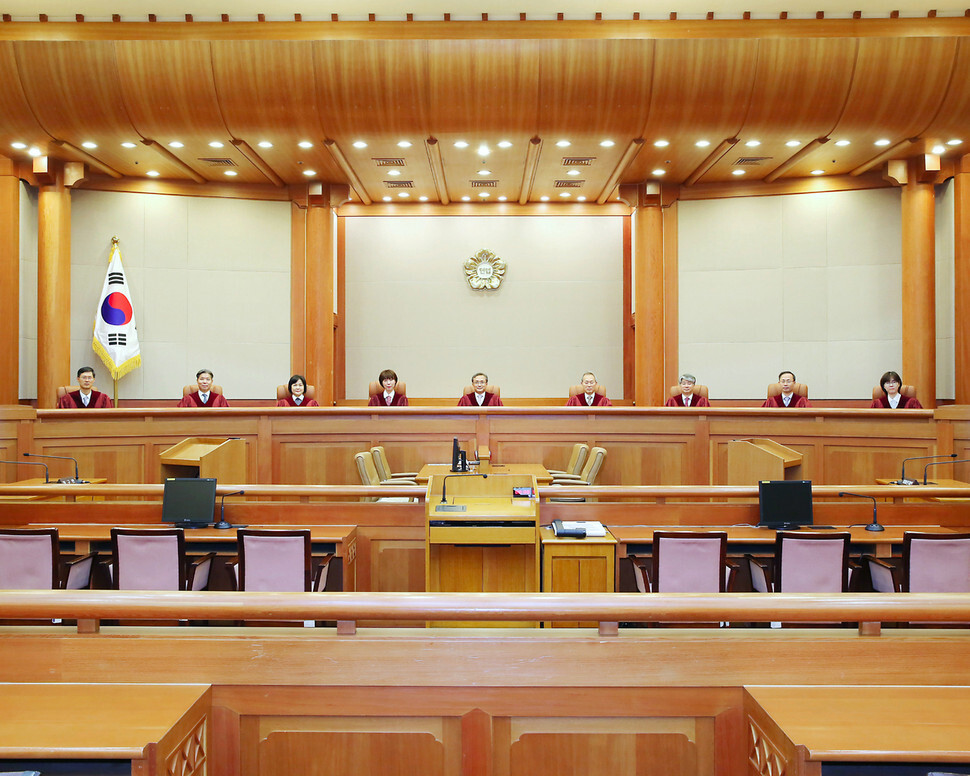
Constitutional Court Supreme Court decision. Constitutional Offering
The Constitutional Court judged that the provision of defamation, punishable by defamation of others by stating the facts, was “constitutional”. Although criticism has been raised several times that the’offense of defamation in fact’ reduces freedom of expression and prevents legitimate social accusations, the Constitution put a higher weight on the legal interests of protecting individual honor and character. On the 25th, the Constitution decided that Article 307 (1) of the Criminal Code, which required a fine of up to two years in prison or up to 5 million won, was “constitutional,” if the judges openly state the facts in a 5-to-4 opinion and defam the person. While five judges expressed constitutional opinions, four judges expressed a’partially unconstitutional’ opinion. In August 2017, when a dog underwent unnecessary surgery due to a veterinarian’s fault and suffered a blindness crisis, Mr. A tried to post the hospital’s fault online with the veterinarian’s real name, but collapsed over fear of punishment for defamation. Instead, Mr. A filed a constitutional petition, claiming that the provisions of the criminal law violated the freedom of expression. The Constitution considered that punishment for defamatory expressions was justified in order to protect the personal rights of individuals. The constitution refers to the fact that timely media has been diversified due to the expansion of the online space, and the spreading speed and ripple effect has increased. “Once damaged, the need to limit defamatory expressions has increased due to the nature of honor that is difficult to recover completely.” Revealed. The constitution further pointed out that the current law that avoided punishment if the information was in fact about the’public interest’, “in fact, the crime of defamation in a timely manner is not to be abused as a means of suppressing criticism of public persons and the state.” . In addition, he feared that if all of the provisions were decided unconstitutional, privacy could be violated, such as personal medical history or sexual orientation. However, Judges Yoo Nam-seok, Lee Seok-tae, Kim Ki-young, and Moon Hyeong-bae expressed their opposition, saying, “If you state the truth, you should focus on guaranteeing freedom of expression rather than personal honor.” Four judges said, “The important value of freedom of expression is the surveillance and criticism of the state and public officials. (But) if the state to be monitored becomes the subject of criminal penalties for expressions, the public’s surveillance and criticism will inevitably shrink.” It is the judgment of the four judges that a’partially unconstitutional’ decision should be made on the contents of the stated facts that are not’secret of private life’. By Jang Ye-ji, staff reporter [email protected]
